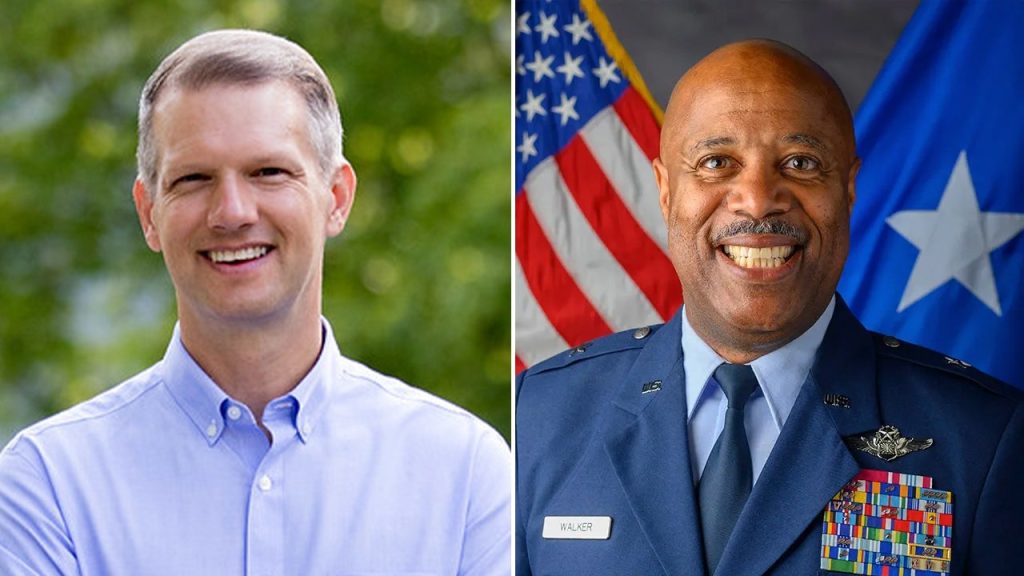West Virginia State Treasurer Riley Moore has won the Republican primary in his home state by a significant margin, likely securing his spot to Congress in the November general election. He led his closest opponent by more than 25 points when the Associated Press called the race. Former Air Force Brig. Gen. Chris “Mookie” Walker, who was considered to be Moore’s toughest competition, surprisingly trailed behind in third place. The primary race became heated and contentious as both campaigns engaged in mudslinging.
Moore, who comes from a family with a history of holding public office in West Virginia, including a grandfather who served as governor and an aunt who is a Republican senator, has a background in politics. He was first elected to office in 2016 as a member of the West Virginia House of Delegates and later became state treasurer in 2020. Moore has been a vocal critic of “woke” environmental, social, and governance (ESG) investing standards, which he believes are politically motivated. He has also been an advocate for America First policies, aligning himself with former President Trump by endorsing him early on in his bid for the White House.
Moore’s victory in the Republican primary positions him as the likely next member of Congress representing West Virginia’s 2nd Congressional District, as election analysts have rated the race as either “solid” or “safe” Republican. This outcome sets up a general election matchup between Moore and Democratic nominee Steven Wendelin, a Navy veteran. Moore’s win in the primary reflects his strong support among the Republican base in West Virginia and his ability to connect with voters on key issues that matter to them.
The contentious nature of the primary race between Moore and Walker underscores the divided political landscape in West Virginia, where different factions within the Republican party are vying for dominance. Despite the close competition, Moore’s strong performance in the primary signals that he is well-positioned to succeed in the general election and potentially win a seat in Congress. As he prepares to face off against Wendelin in November, Moore will continue to focus on his campaign message of advocating for conservative values and policies that resonate with voters in his district.
With his background in politics and family ties to public office, Moore brings a wealth of experience and a strong network of supporters to his campaign for Congress. His victory in the primary is a testament to his ability to mobilize voters and secure broad-based support within the Republican party. As he looks ahead to the general election, Moore will likely continue to emphasize his track record as a conservative leader and his commitment to representing the interests of West Virginia residents in Congress. Voters in the state will have a clear choice in November between Moore and Wendelin, as they decide who will best serve their interests and values in Washington.













